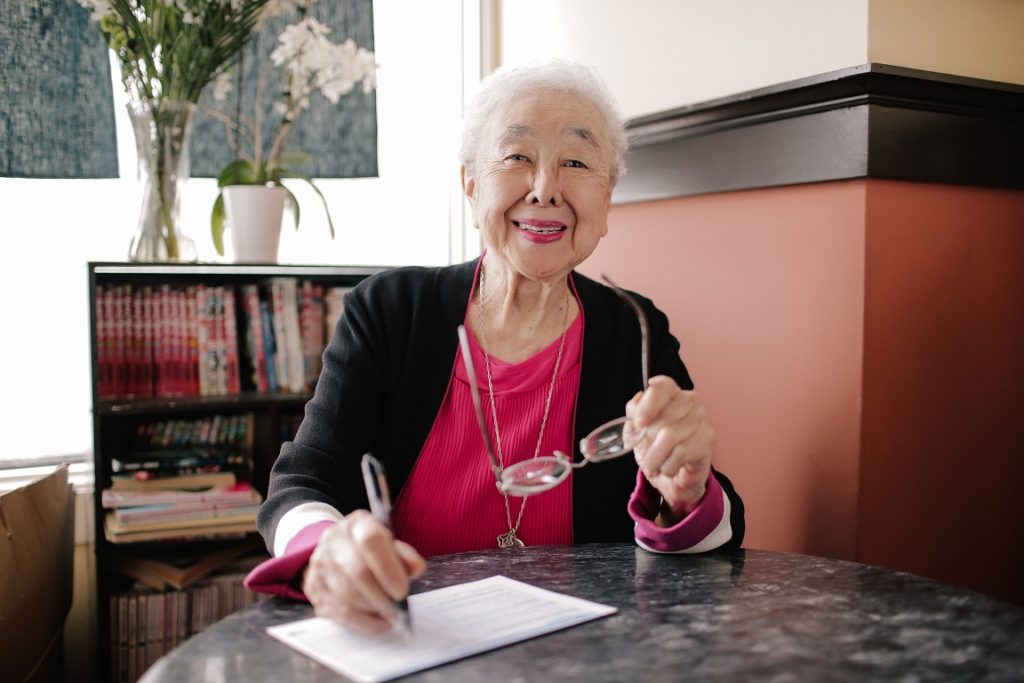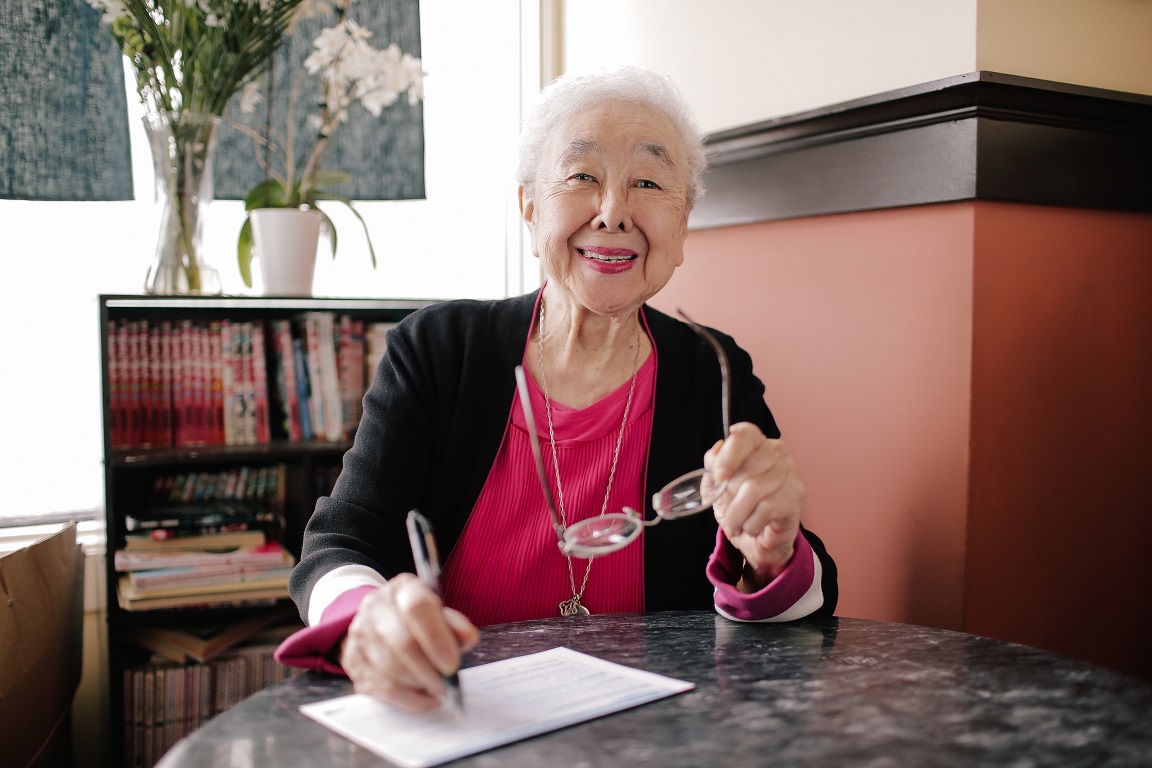
The phrase “Asian American and Pacific Islander” is an umbrella term encompassing millions of people in the United States, including nearly 50 different ethnic subgroups speaking more than 100 languages. The incredible diversity of the Asian American and Pacific Islanders (AAPI) communities – when coupled with geographic isolation, uncertainty or apathy around the census, and fear of government entities – means that AAPIs are at a high risk of not being counted in the 2020 Census.
The National Asian Pacific Center on Aging (NAPCA) is partnering with the Diverse Elders Coalition and the U.S. Census Bureau to help AAPI older adults better understand the purpose of the 2020 Census, to dispel myths around the census, and to encourage AAPI older adults and their families to get counted this spring. The Census Bureau is also working with technology companies like Google, Facebook, and Twitter to combat misinformation about the 2020 census.
Counting Us In
Since 2010, Asians have been the fastest-growing population in the United States, with a majority of that increase due to immigration. While California and Hawaii have the largest AAPI population and largest AAPI population share in the nation, respectively, many midwestern states are also experiencing an increase in the number of Asian Americans and Pacific Islanders who call these areas home, largely because of refugee resettlement.
The U.S. government will use 2020 Census data to better understand this population growth and ensure that funds for services – like community centers, meal services, and Federal benefits programs – are allocated to these regions accordingly. According to the “Counting For Dollars 2020” project at the George Washington Institute of Public Policy, more than $800 billion in Federal assistance is at stake for programs like Medicaid, the Supplemental Nutrition Assistance Program (also known as food stamps), and Temporary Assistance for Needy Families.
Barriers to AAPI Participation
Unlike in previous decennial censuses, respondents in 2020 will for the first time have the option to complete the census online, in addition to the traditional response methods of mail and phone. Although the internet version will be available in five Asian languages, the Census Bureau plans to only offer the paper version in English and Spanish. Those five Asian languages will also have dedicated phone assistance, while many others will have print guides, videos, and websites to assist with census completion.
With many older Americans indicating on the Census Barriers, Attitudes, and Motivators Survey (CBAMS) that they would prefer to complete the census on paper, this could potentially be a huge hurdle to AAPI older adult participation in the 2020 Census. Roughly 35% of Asian Americans and Pacific Islanders have high rates of limited English proficiency, and about one in five AAPI households is linguistically isolated, meaning no adults in the household speak English exclusively or “very well.”
The CBAMS survey also found that AAPI communities were the least likely group to understand the purpose of the census and were the least likely to agree that they would complete the Census when they received the invitations .
While there will NOT be a citizenship question on the 2020 Census, AAPI participation in the 2020 Census could be hindered by the lingering fear associated with the court cases of 2019. Community leaders testified to Congress last month that both Latino and AAPI communities were still afraid to complete the census for fears around sharing their personal data.
The Role of Family and Caregivers
One way that AAPI older adults can be educated about and encouraged to complete the census is through conversations with family members and trusted caregivers. New commercials from the U.S. Census Bureau that aired in the Los Angeles, CA market targeted AAPI communities by showing younger family members in Chinese, Korean, Vietnamese, Japanese, and Filipino families talking with older adults about the 2020 Census.
The U.S. Census Bureau also has a host of resources available on its website for AAPI older adults, families, and caregivers. Organizations serving AAPI communities across the country are translating resources and hosting monthly webinars to fill in the gaps where official materials are not yet available. Our fellow Diverse Elders Coalition member organization, SEARAC, recently launched an informational Census 2020 website targeting Southeast Asian Americans with fact sheets and other in-language resources.
We at NAPCA look forward to continued collaboration with the Diverse Elders Coalition and its members, the U.S. Census Bureau, and other partners nationwide to ensure that AAPI older adults, their families, and their caregivers are counted in the 2020 Census.
The opinions expressed in this article are those of the author and do not necessarily reflect those of the Diverse Elders Coalition.

